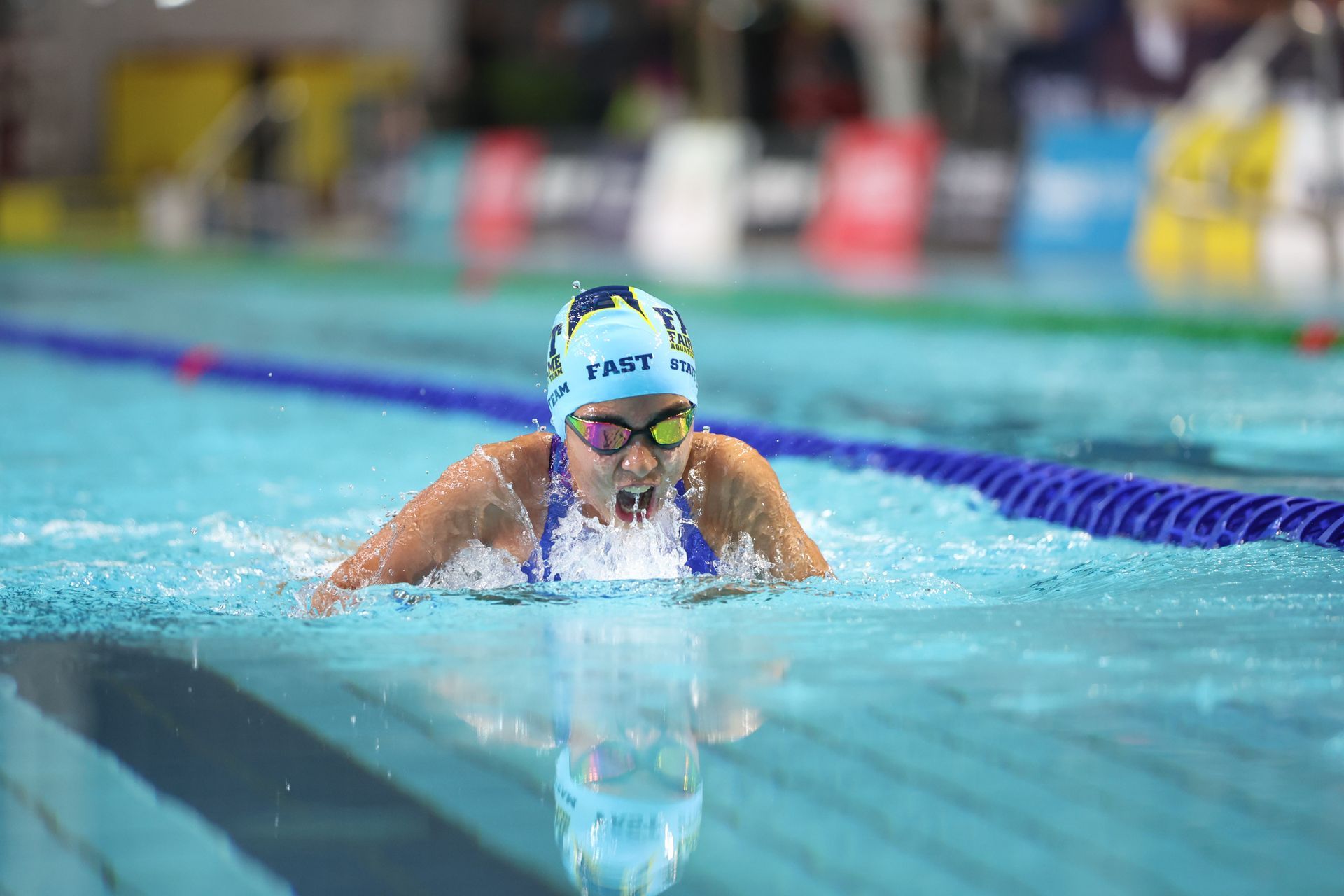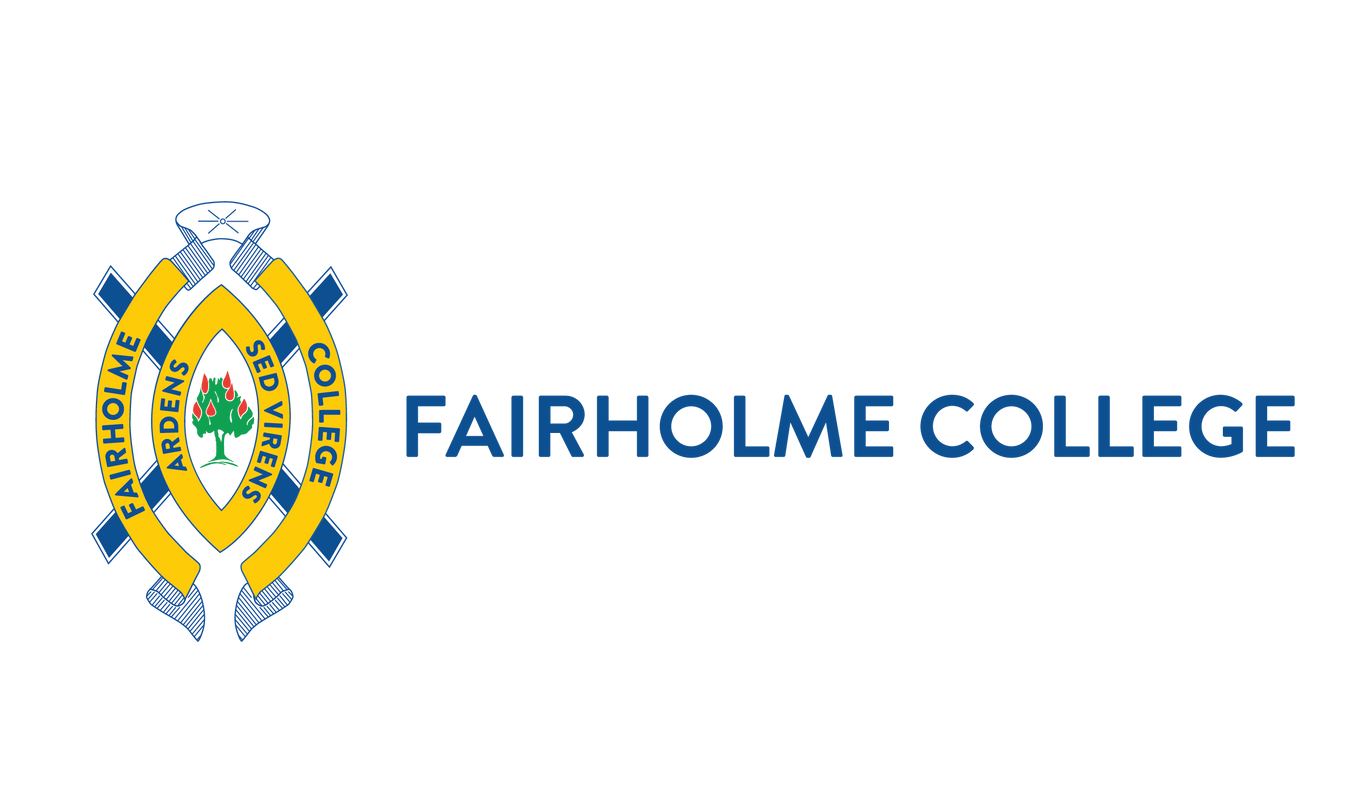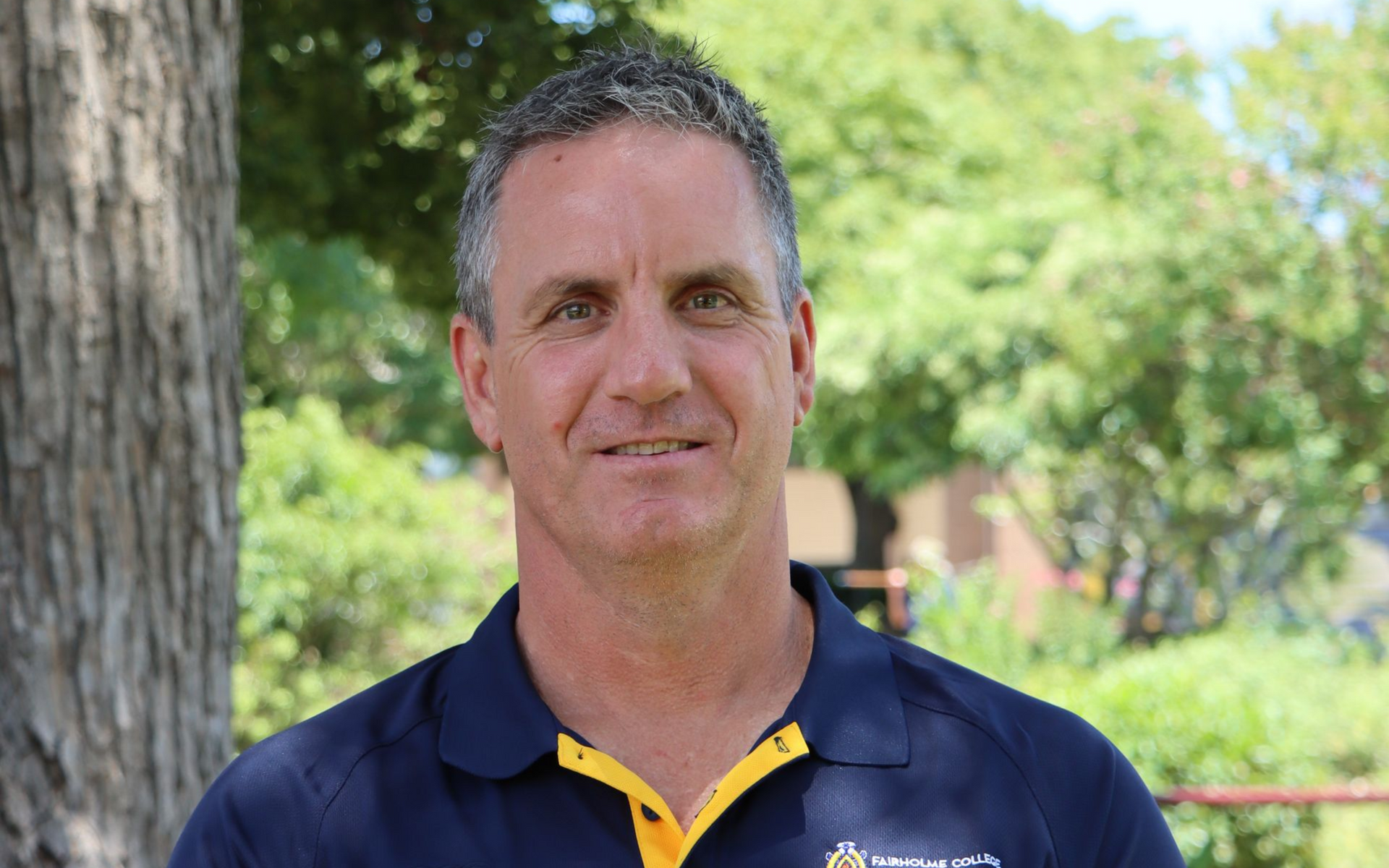The Finish Line
Why are elite athletes able to speed up when they see the finish line?
In 2018, journalist Alex Hutchinson asked this very question: Why are elite athletes able to speed up when they see the finish line? In other words, why can some people finish with strength, and others find ways to avoid end points or lose momentum or simply give up? Hutchinson draws from the research of Dr Martin Paulus who says that elite athletes are trained to ‘accept discomfort without panicking’, as their training builds both tolerance and resilience to endure that which is uncomfortable.
There is no doubt that finish lines, both literal and metaphoric, can be inherently uncomfortable. Even sitting on the sideline of the Year 9/10 Toowoomba Secondary Schools Sports Association Basketball grand final on Friday evening wrought its own discomfort for spectators. Our Fairholme team lost valiantly by one point to an equally determined St Joseph’s team. There was no giving up in sight, and one whistle blow might have turned the final result – but it didn’t. That is the beauty of sport; it keeps us honest right until the end of a match. We are required to keep going. Schools are filled with finish lines, end points and conclusions that have high stakes and some that don’t. Irrespective of the weight of importance, the ability to stay committed and in the present, right until the siren sounds, signifies depth of character.
Close enough to a decade ago, my daughter (never one to approach life in any way than at full pace) commenced her teaching career in Brixton, London, at a school for students with complex educational needs and disabilities. Not surprisingly, my husband and I fielded tearful phone calls about how hard it was for her. From a distance, or even at close range, there was nothing we could do directly do to make her daily finish line any easier to navigate. She recalls that I would say to her, almost with annoying regularity (as parents are wont to do) – ‘You just have to show up. These kids aren’t used to that. They’re used to people giving up, retreating, or finding what they believe to be,a better offer.’ I am proud to say she stuck it out for two years – she kept turning up. Of course, she didn’t just turn up, she turned up with determination and a will to succeed. Unsurprisingly, she didn’t want to leave when her visa finished, she had fallen in love with the school and the students, she had made a difference to them and, in a priceless gift of reciprocity, they made an even greater difference to her. Her mental toughness yielded learning for a lifetime and her character cut its teeth on hard work.
In Hutchinson’s article (2018) he refers to French researcher, Cabanac, whose study published in 1986 described volunteers sitting against a wall with their knees bent and no other support. Different participants were offered different financial rewards for enduring the associated pain, and the money was ‘banked’ at intervals of 20 seconds. Those offered more money lasted longer. What was demonstrated through the study was that the participants’ ability to persist depended on brain factors, rather than just muscle endurance. The researcher’s proposal is that the brain generates the sense of our effort and therefore how we feel; thus, how we approach difficult moments is directly affected by how we think – even in highly physical settings. Behaviourists would concur that how we think leads to how we feel – which is why their work is focused on recognising, reframing and rephrasing our self-talk.
Healthy self-talk doesn’t take all the pain away, unfortunately. There is no silver bullet when it comes to endurance. The gold medal doesn’t, by routine, go automatically to the person who is willing to suffer more (Hutchinson, 2014). In fact, researchers would argue that ‘without the feedback of pain, we can’t pace ourselves’ (Hutchinson, 2014). Where does that leave us then, when we face another conclusion point, reluctantly or otherwise? It leaves us to remember that discomfort is part of the process, but how we view it and talk about it (particularly to ourselves) has a significant effect upon how well we approach and cross finish lines. The mind does need to have the capacity to overcome or manage obstacles and so too do students – without parental or teacher intervention. Life will deal us all Brixton moments – often far more complex than those my daughter addressed. But when we do address them, we also allow ourselves silver-lining possibilities and precious learning that helps us to navigate our worlds more effectively.
It’s why Fairholme girls will continue to hear me talk about finishing well, and why I will unapologetically continue to utilise sporting analogies about third and fourth quarters or the sounds of the final siren … because the ability to address the discomfort of any end point is a life skill. ‘You can’t pace yourself, or win a race, without pain. So, the gold medalist isn’t necessarily the athlete who suffers the most, after all. … She is the one who uses the pain best’ (Hutchinson, 2014) and the one who, over time, develops the capacity to speed up, or develop strength and momentum, when a finish line is looming.
Dr Linda Evans | Principal
References
Hutchinson, A. (2014). ‘Training to live with pain: What we can learn from Olympic athletes.’
Hutchinson, A. (2018). ‘Why are elite athletes able to speed up when they see the finish line?’
More News…







